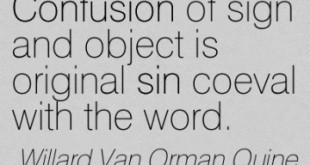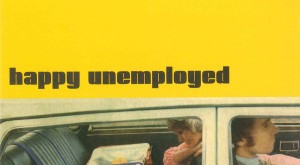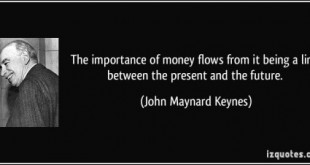Deductivism — the original sin in economics Mathematics, especially through the work of David Hilbert, became increasingly viewed as a discipline properly concerned with providing a pool of frameworks for possible realities … This emergence of the axiomatic method removed at a stroke various hitherto insurmountable constraints facing those who would mathematise the discipline of economics. Researchers involved with mathematical projects in economics could, for the time being at least,...
Read More »‘Rigorous evidence’? Yes — and totally useless!
‘Rigorous evidence’? Yes — and totally useless! So far we have shown that for two prominent questions in the economics of education, experimental and non-experimental estimates appear to be in tension. Furthermore, experimental results across different contexts are often in tension with each other. The first tension presents policymakers with a trade-off between the internal validity of estimates from the “wrong” context, and the greater external validity of observational data analysis...
Read More »Tainted love
[embedded content]
Read More »Tänkte inte på det …
Tänkte inte på det … [h/t Jeanette Meyer]
Read More »Revealed preference and the fundamental flaws of conventional economics
Revealed preference and the fundamental flaws of conventional economics We must learn WHY the argument for revealed preference, which deceived Samuelson, is wrong. As per standard positivist ideas, preferences are internal to the heart and unobservable; hence they cannot be used in scientific theories. So Samuelson came up with the idea of using the observable Choices – unobservable preferences are revealed by observable choices … Yet the basic argument is wrong; one cannot eliminate the...
Read More »Keynes vs. Samuelson on models
Keynes vs. Samuelson on models To his credit Keynes was not, in contrast to Samuelson, a formalist who was committed to mathematical economics. Keynes wanted models, but for him, building them required ‘ a vigilant observation of the actual working of our system.’ Indeed, ‘to convert a model into a quantitative formula is to destroy its usefulness as an instrument of thought.’ That conclusion can be strongly endorsed!
Read More »Economics — still in the land of Mordor
Economics — still in the land of Mordor When it comes to my economics training, I’m a late bloomer. My primary training is in evolutionary theory, which I have used as a navigational guide to study many human-related topics, such as religion. But I didn’t tackle economics until 2008 … At the time I had no way to answer this question. Economic jargon mystified me—an embarrassing confession, since I am fully at home with mathematical and computer simulation models. Economists were very...
Read More »What is Post Keynesian economics?
What is Post Keynesian economics? [embedded content]
Read More »‘New Keynesian’ DSGE models
‘New Keynesian’ DSGE models In the model [Gali, Smets and Wouters, Unemployment in an Estimated New Keyesian Model (2011)] there is perfect consumption insurance among the members of the household. Because of separability in utility, this implies that consumption is equalized across all workers, whether they are employed or not … Workers who find that they do not have to work are unemployed or out of the labor force, and they have cause to rejoice as a result. Unemployed workers enjoy...
Read More »On the non-neutrality of money
On the non-neutrality of money Paul Krugman has repeatedly over the years argued that we should continue to use neoclassical hobby horses like IS-LM and Aggregate Supply-Aggregate Demand models. Here’s one example: So why do AS-AD? … We do want, somewhere along the way, to get across the notion of the self-correcting economy, the notion that in the long run, we may all be dead, but that we also have a tendency to return to full employment via price flexibility. Or to put it differently,...
Read More » Heterodox
Heterodox








